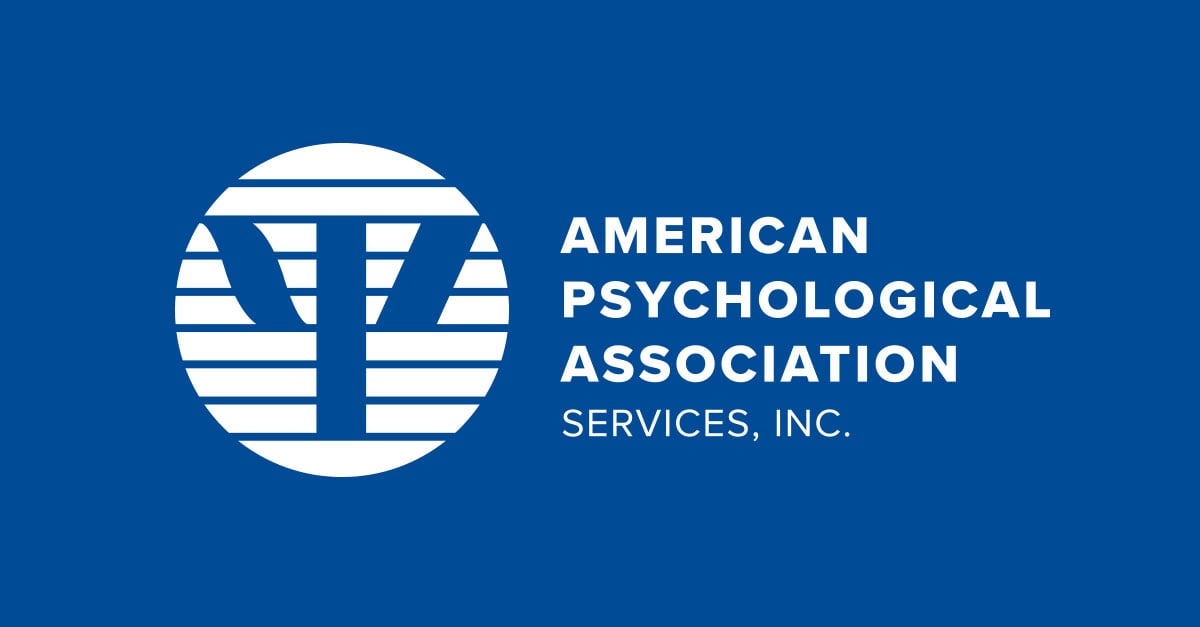- Joined
- Nov 12, 2009
- Messages
- 55
- Reaction score
- 80
Hi all-
A situation recently came up at my workplace in relation to duty to warn about threats made by patients. Colleagues and I determined that the threat was credible and specific enough that we ought to make a report (we are in a state where we MAY report but not MUST report). Law enforcement was called. Because the patient claimed to not have the intended victim's phone number or exact address (city and street, but not number) we have no way of notifying the potential victim (that I can think of) and I'm frankly not confident that the police will do so as they said they'd need the street address to notify the potential victim but would talk to the patient and see if they could get it from them.
I have not yet been updated (and don't know if I will be) but I am wondering if there is more we can/should do. I obviously can't provide a lot of details on here but the basic gist is that I am concerned about this patient who has access to lethal means and apparent desire to harm this third party. The patient denied a specific plan currently but seemed cagey about this. They noted that the most recent time of elevated intent was yesterday. Has anyone had to deal with this? This is my first time actually getting to the point where we had to report something like this. Any advice?
A situation recently came up at my workplace in relation to duty to warn about threats made by patients. Colleagues and I determined that the threat was credible and specific enough that we ought to make a report (we are in a state where we MAY report but not MUST report). Law enforcement was called. Because the patient claimed to not have the intended victim's phone number or exact address (city and street, but not number) we have no way of notifying the potential victim (that I can think of) and I'm frankly not confident that the police will do so as they said they'd need the street address to notify the potential victim but would talk to the patient and see if they could get it from them.
I have not yet been updated (and don't know if I will be) but I am wondering if there is more we can/should do. I obviously can't provide a lot of details on here but the basic gist is that I am concerned about this patient who has access to lethal means and apparent desire to harm this third party. The patient denied a specific plan currently but seemed cagey about this. They noted that the most recent time of elevated intent was yesterday. Has anyone had to deal with this? This is my first time actually getting to the point where we had to report something like this. Any advice?


